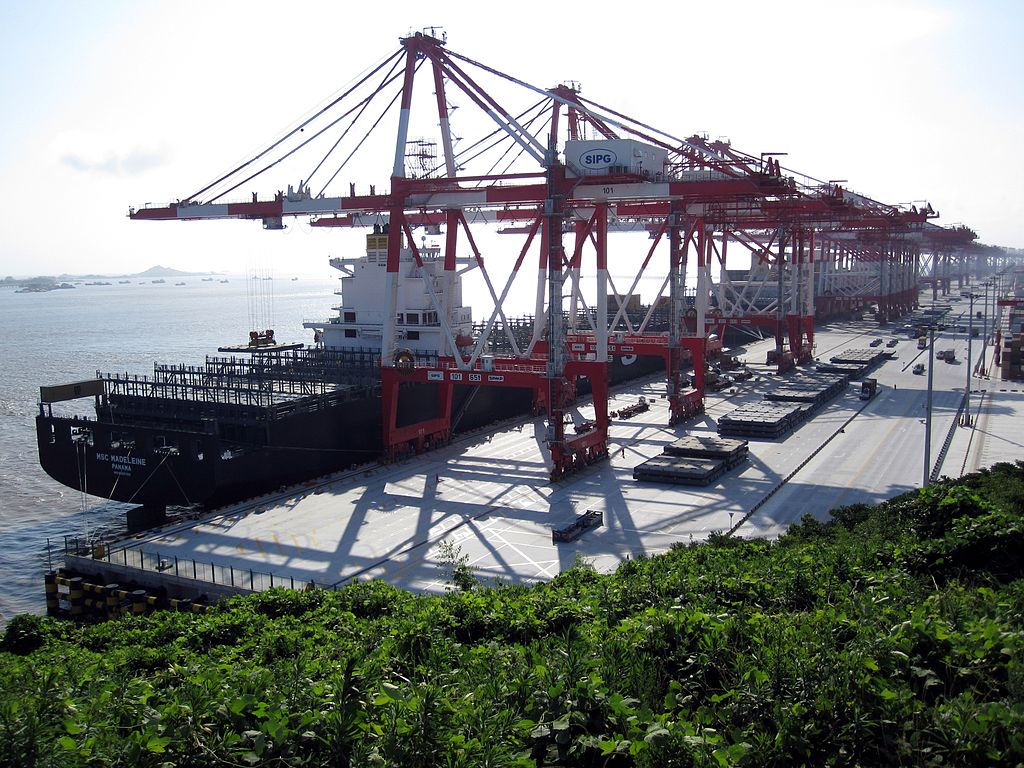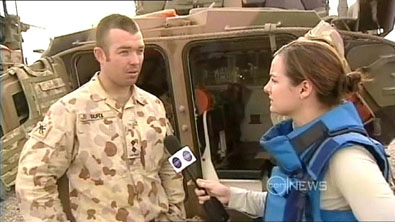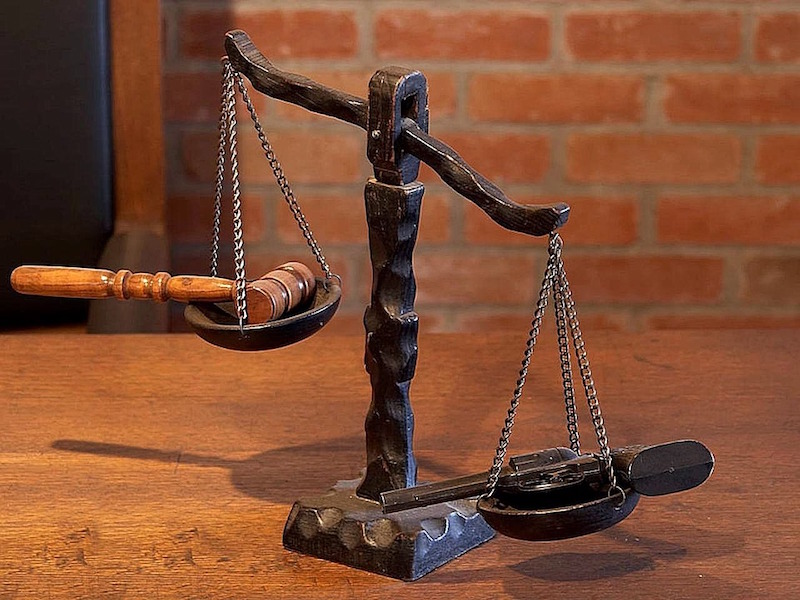The feeling of not belonging can be one of the most dreadful and trying feelings in the world. For the Rohingya people, this feeling has become a constant, stagnate feeling for the past four years. The Rohingya are an ethnic minority group in Myanmar, although the Rohingya Muslims “are the largest percentage of Muslims in Myanmar, with the majority living in Rakhine state”. Myanmar, which is predominately Buddhist, has been denying the Rohingya citizenship for several years, undermining their recognition as people. Myanmar views the Rohingya’s as illegal immigrants from Bangladesh, as the Rakhine state borders west Myanmar and south Bangladesh. The conflict stems from the differentiation of Rakhine Buddhists and Rohingya Muslims, resulting in violence and abuses against a racial and religious group, in whole or in part, which according to the UN Geneva Convention is a genocide.
The Rohingya are an ethnic minority group in Myanmar, although the Rohingya Muslims “are the largest percentage of Muslims in Myanmar, with the majority living in Rakhine state”. Myanmar, which is predominately Buddhist, has been denying the Rohingya citizenship for several years, undermining their recognition as people. Myanmar views the Rohingya’s as illegal immigrants from Bangladesh, as the Rakhine state borders west Myanmar and south Bangladesh. The conflict stems from the differentiation of Rakhine Buddhists and Rohingya Muslims, resulting in violence and abuses against a racial and religious group, in whole or in part, which according to the UN Geneva Convention is a genocide.
In the first month of the conflict, approximately 6,700 Rohingya were killed. Women were raped, abused and violently tortured. Ever since the conflict against the Rohingya group broke out, the government in Myanmar has been stating false facts with the purpose of masking the atrocities in the Rakhine region. For instance, the government has claimed that only 400 have died and that the attacks have stopped however, BBC correspondents and international journalists have evidence that the attacks have continued. Moreover, Human Rights Watch has satellite images which show that at least 288 villages were burned down.
With the crisis dragging out into its fourth year, the US has agreed to impose sanctions on Myanmar’s top general and senior officers, for the violation of top human rights violations against the Rohingya Muslims. These generals have been further banned from entering American soil; actions which Burmese government has condemned. With the abuses continuing, there are currently 1.1 million Rohingya refugees in Bangladesh. Michael R. Pompeo, the US Secretary of State, has stated that there has been evidence that the Burmese government has not been holding individuals involved in the genocide accountable for human rights violations and abuses.
Although many see this ban as a symbol for the international community finally putting a substantial amount of pressure on Myanmar to recognize the Rohingya people as citizens and to stop the genocide, how successful will this ban be? Many world leaders have publicly condemned the actions of Aung San Suu Kyi, the State Counsellor of Myanmar, by denouncing her of various honorary citizenships and awards such as the Honorary Canadian Citizenship, a prestigious human rights award from Amnesty International, and the Freedom of Oxford. While these actions may be a clear symbol that the international community condemns Suu Kyi’s actions, world powers could have gone a step further by imposing financial sanctions targeting military-owned assets.
Featured Picture: Rohingya refugees queue for aid at Cox’s Bazaar, Bangladesh (September 26 2017) by Lisa Schlein via Voanews. Licensed under Public Domain.
Bangladesh is not capable of accepting more refugees, being an underdeveloped country on its own. It simply does not have the resources to house more than 1.5 million refugees when in fact 31.5% of Bangladesh’s population lives under the poverty line. That makes Bangladesh the country with the highest percentage of its people living below the poverty line. The UN Secretary-General, Antonio Guterres states that the UN has been trying to find a solution for the crisis while thanking the Prime Minister of Bangladesh, Sheikh Hasina for hosting a majority of the Rohingya refugees. However, stagnate negotiations must be bypassed for a possible solution in the near future. Key international players must be willing to accept more Rohingya refugees to not only ensure that refugees are receiving the recognition they deserve but to also ensure that Bangladesh as a whole does not reap the blowback effects of hosting the Rohingyas alone. As attention slowly continues to shift to other refugee crisis around the world, one must not forget the largest ongoing refugee crisis in South Asia.
Disclaimer: Any views or opinions expressed in articles are solely those of the authors and do not necessarily represent the views of the NATO Association of Canada.




